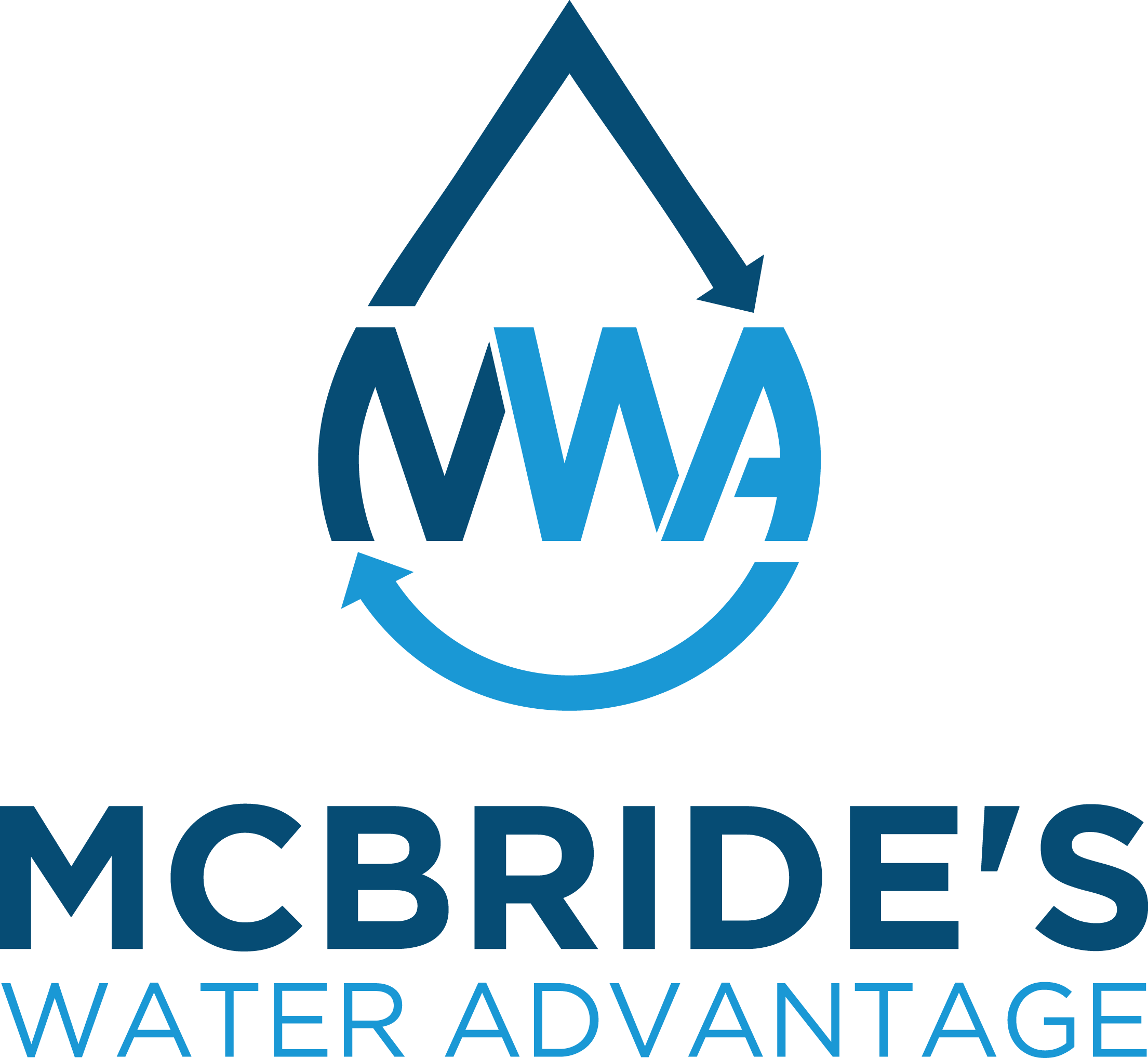 People install water treatment systems in their homes for many different reasons. They might want to improve their water’s taste and smell, avoid plumbing problems, ensure their drinking water is healthy, or prevent stains in their homes, just to name a few. But one benefit of water treatment systems that’s often overlooked is how they can make your showers safer and more effective. Today we’re going to talk about the problems with showering in unfiltered water and which treatment systems are best for removing contaminants from your shower water!
People install water treatment systems in their homes for many different reasons. They might want to improve their water’s taste and smell, avoid plumbing problems, ensure their drinking water is healthy, or prevent stains in their homes, just to name a few. But one benefit of water treatment systems that’s often overlooked is how they can make your showers safer and more effective. Today we’re going to talk about the problems with showering in unfiltered water and which treatment systems are best for removing contaminants from your shower water!
The problems with not filtering your shower water
Water treatment plants add chlorine or chloramine (a mixture of chlorine and ammonia) to public water supplies in order to kill dangerous viruses, bacteria and pathogens. Although chlorine is an effective disinfectant, it interacts with the organic matter that’s present in tap water and produces chemical byproducts known as trihalomethanes (THM’s).
THM’s are dangerous to consume in drinking water, especially after long-term exposure to them. But the chemicals are even more dangerous when you breathe them in. When you take a shower, you breathe in the water vapor that’s produced by the hot water. If your water contains THM’s, you’ll be inhaling them every time that you take a shower. Long-term exposure to THM’s in the shower has been linked to an increased risk of asthma, respiratory problems and various types of cancer.
Another issue with showering in untreated tap water is hard water. Showering in hard water can leave your skin and hair feeling dry. In addition, hard water does not lather well with soaps and shampoos. As a result, your body won’t be as clean as it would if you showered in soft water, and residue from soaps and shampoos can get stuck on your skin and hair.
How can you remove contaminants from your shower water?
The best way to remove contaminants from your shower water is to install a residential water treatment system. If chlorine and THM’s are your problem, your best bet is to install a whole house filtration system like an activated carbon or reverse osmosis filter. Regardless of the type of filtration media, the filter must be a whole-house model so that it can treat the water that comes out of every shower in your home. Removing chlorine and THM’s from your water will prevent the health risks listed above and can make it easier to breathe while you’re showering.
If hard water is your problem, the best solution is to install a water softener. A water softener will remove hardness minerals from the water that comes out of your showerheads. This will allow you to clean your body more effectively and will also keep your skin and hair feeling smooth.
If you have any questions about filtering your shower water, or if you’d like a water system serviced or installed in your home, contact McBride’s Water Advantage, your water softener and water filtration system dealer in Epsom, New Hampshire. We provide service all over New Hampshire, including towns like Weare, Londonderry and Derry, NH.
photo credit: jayw via photopin (license)
